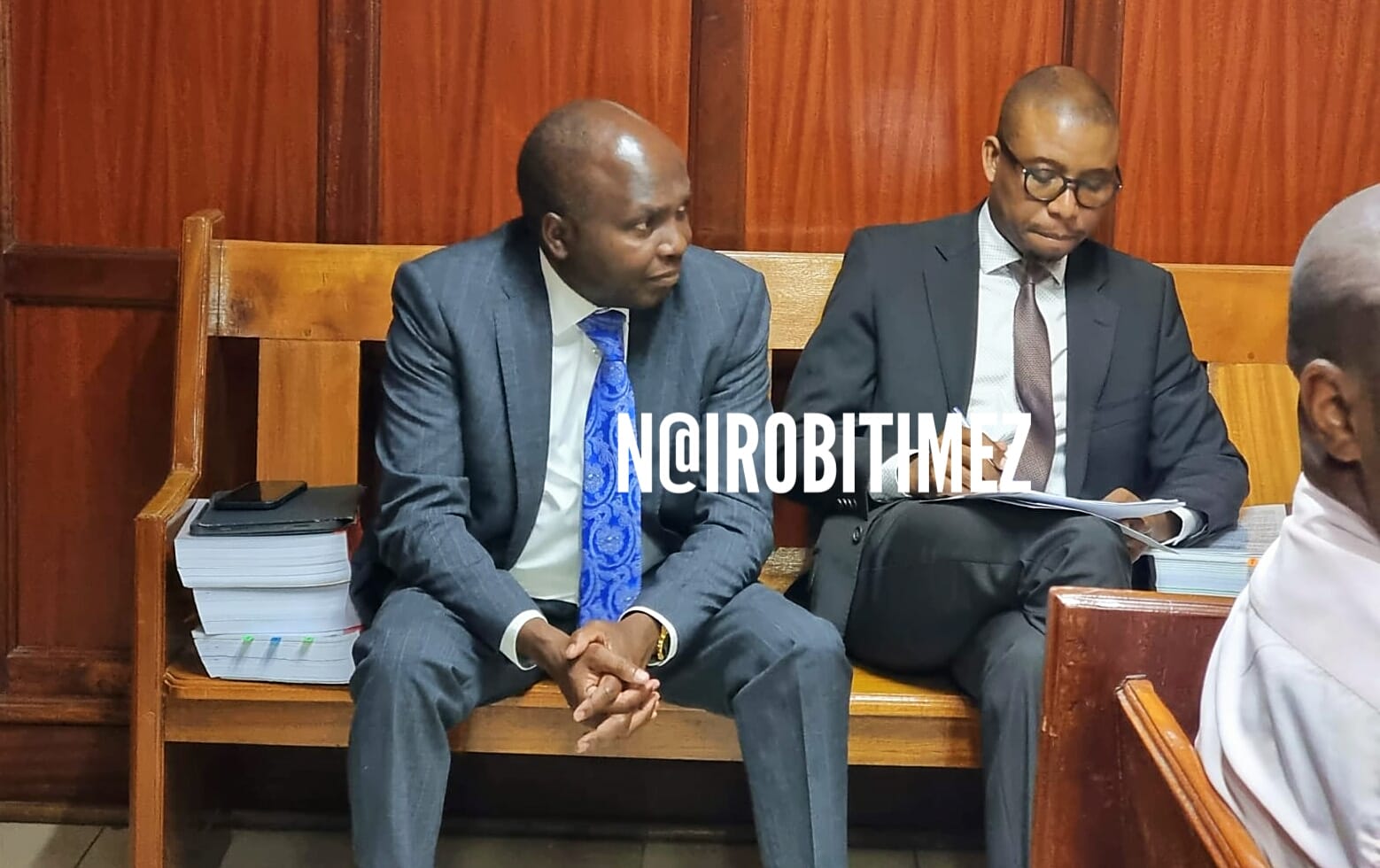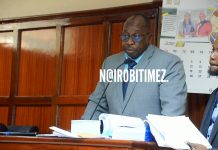
BY SAM ALFAN
Dr Ahmed Kalebi, who gained prominence during the Covid 19 pandemic period over his timely diagnosis and communications, now wants his partners at Lancet Kenya ordered to pay him for the sweat he put in to establish the health institutions.
The former Lancet Kenya CEO is seeking a Sh3.6 billion compensation from his former French and South African partners as the founding shareholder of the medical institution.
Among other benefits, Dr. Kalebi is demanding sweat equity for spending his time, labour, and money as well as building Lancent the firm expand in the region.
Through his lawyer Donald Kipkorir, he claims that his former partners at Lancent Kenya rejected his claim for sweat compensation yet Lancet was only present in three countries in Africa, including South Africa when he joined but expanded to 13 more when he left the firm in April 2021.
“Yes there was no provision for bonus in agreements we signed,” Dr Kalebi said when he was being cross-examined by Senior Counsel George Oraro.
Sweat equity is a non-monetary benefit that a company’s stakeholders give in labour and time, rather than a monetary contribution that benefits the company.
Dr Kalebi, who helped found the firm in 2009, has sued the Kenyan firm and shareholders, French firm Cebra Healthcare and Lancet Service Company of South Africa.
The company in reply says all their investment decisions such as establishing operations in Tanzania, Uganda and Rwanda were informed by the direction and vision of the respective boards of directors and not by Dr Kalebi alone.
The company further says Dr Kalebi’s shareholding was voluntarily transferred sometime 2016 “on an arm’s length basis, for full value, the consideration of which was duly paid” to the former CEO.
Further Lancet has said the former partners owed no obligation to compensate Dr Kalebi as the founder and local founding shareholder, as the alleged roles he is quoting do not exist under the contract signed between the parties.
His former partners also revealed that Dr Kalebi was allotted 20 percent stake for free with no obligation for him to contribute any cash for the stake or start-up costs.
Further, Dr Kalebi’s terms were negotiated and agreed with the company and there were no additional representations made by the former CEO regarding his remuneration beyond what was provided for, in the contracts.
The company also said dividends was subject to resolution by the board of directors and approval at the members’ general meeting.
“The plaintiff has no automatic rights to dividends in the defendants which in any event have not been declared,” Lancet says in court documents.
It is also the firm’s argument that there was no agreement Dr Kalebi would be compensated based on development, enhancement, protection and exploitation (DEMPE) functions.






